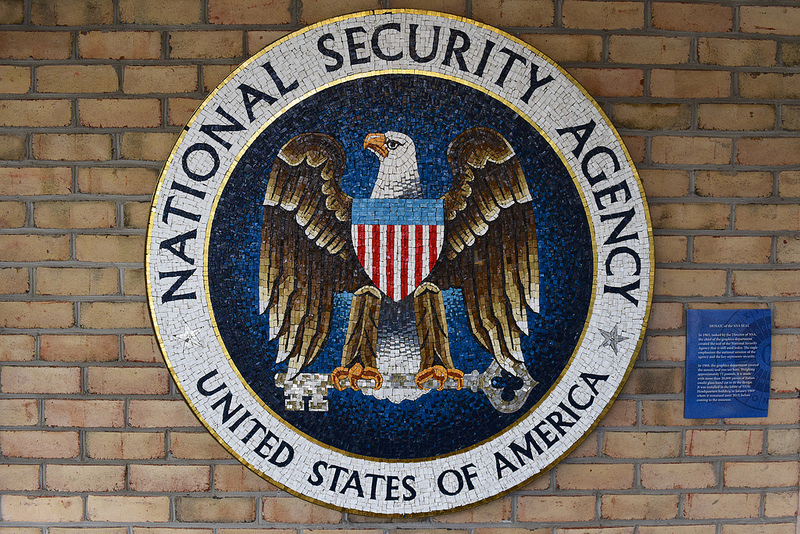| In the 14-plus years since terrorists attacked on 9/11, the struggle between security and freedom has grown ever larger, but security seems to be winning. After Edward Snowden left the country and revealed how the National Security Agency was collecting phone records, President Barack Obama said we needed a national dialog. But while we talk, the government keeps expanding its collections. The New York Times recently reported the administration is preparing a set of procedures that |
| | would allow the NSA to share the raw information it collects with other intelligence agencies, and to do so without masking names or removing irrelevant information, which is what the agency now does before passing information along. This would allow the FBI, for instance, to use NSA-gathered information to investigate crimes that have nothing to do with terrorism. Not too long ago, the Obama administration announced new rules meant to balance the need for security with the constitutional guarantees of privacy and liberty. But these didn’t stop the collection of mass amounts of data, and apparently they will not keep the government from expanding who gets to use that data. In other words, that giant NSA facility in Bluffdale isn’t shutting down any time soon. Meanwhile, the Wall Street Journal reported this week that many banks are beginning to close any account considered suspicious, just to avoid hefty fines the government has imposed for not reporting risky behavior. As a result, many innocent transactions between the United States and suspicious foreign countries are being done with large amounts of cash, which also happens to be impossible to trace. File that one under unintended consequences. But then, the seemingly never-ending fight against a stateless foe bent on destroying Western civilization is filled with minefields of unintended consequences. It’s not as if Americans are clear how they feel about all this. A Pew Research Center poll published a year ago found conflicting, and even contradictory, views. A solid majority of Americans, 54 percent, said they disapproved of the government collecting data from phone calls and Internet communications, and a supermajority, 74 percent, said the nation should not sacrifice freedom for security. But then nearly half, 49 percent, said they were concerned that the government hadn’t done enough to protect them through anti-terrorism policies. Only 37 percent felt government actions, presumably including the NSA’s data collections, had gone too far. Five years ago, an Associated Press-NORC Center poll found two-thirds said it would be OK to give up some freedoms to fight terrorism, while 54 percent said if they had to choose, they’d rather have civil liberties than safety from terrorists. Americans are hardly unique in this struggle. After the recent brutal bombings in Brussels, the Washington Post reports, European governments are looking at ways to expand surveillance. A Dutch member of the European Parliament said, “People are misled into thinking that if they give up more privacy, they will get more security.” But, while true, that argument doesn’t get much traction against the backdrop of families burying loved ones and local hospitals filling with people hoping to recover from terrorist attacks. Governments are eager to satisfy both their need to protect the people they serve and their desires to harness criminals. The additional motivation politicians might have to collect information useful to maintaining power often gets short shrift. I’ve never been able to understand what people mean when they say we need a national dialog about this or that. The only effective national dialog is an election, imperfect as that is. Unfortunately, all the aforementioned contradictions seem to be in evidence during this election year. Voters seem to be equally upset with the government’s collection of data and with its refusal to deny people entry to the country based on their religion. Some candidates can’t seem to be tough enough on terrorists or tough enough on the policies of the last two administrations, which embraced an expanding covert role in an effort to get tough. National dialogs are fine, but in the absence of any real consensus, government spying isn’t going to disappear. |


 RSS Feed
RSS Feed

